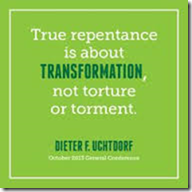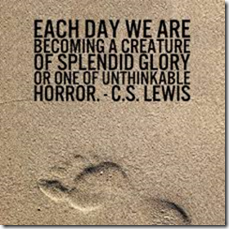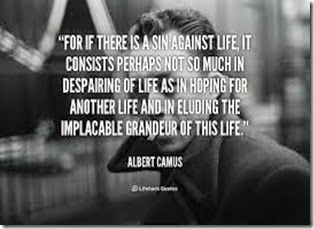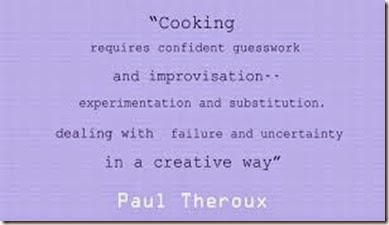Nobody is poor who has friends
OK, I confess, I’ve been watching “It’s a Wonderful Life” again. It’s one of my Christmas traditions, and I admit that I still get teary eyed at the end. (I also cheer when the postmen deliver the bags of mail to the courthouse, when the Grinch’s heart grows and when Scrooge dances on Christmas morning.) I do love Christmas traditions, and especially when they’re shared. I know that there are people who consider this time to be “too commercial” and “fake” and “mushy”; I’m not one of them. I do, though, resent when Christmas trees start showing up in July, and when seasonal songs are being played in mid-September. I find that the rhythm of the traditions is as important as the celebration itself. I still maintain that there are certain foods that one only has at Christmas, that there are things that speak of the season directly. But I also maintain that it’s possible to keep Christmas the whole year through. When we honour traditions, we connect ourselves with














